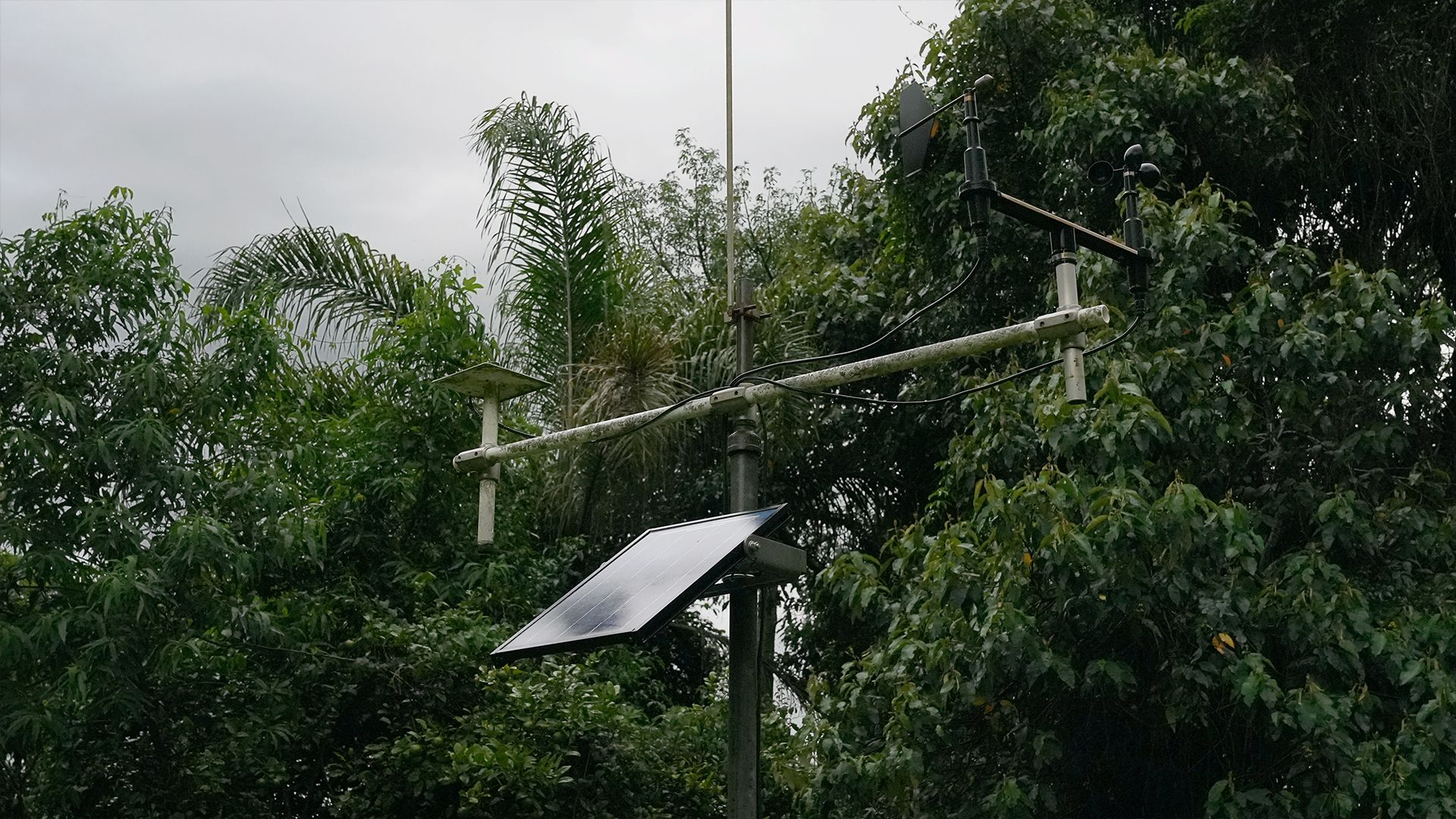Luiz Zanotello
The Work of Abyss and Time
Towards an emancipatory poetics of the tropics through critical auto-ethnographic practices of techno-imagination

My research seeks to understand the tropical condition through new methods of techno-imagination and auto-ethnographic practice.
Departing from the trope of the abyss as a space of ontological indeterminacy (or the unknown), my research begins by elucidating the failure of representation with/in the tropical condition as a problem of imagination generated by the historical and aesthetic construction of the tropics as a cartographic site of extraction and dispossession. Further, it explores the modes by which the tropical can be felt beyond territory, attempting to elucidate it as an affective ecology in which taxonomic cuts between world and language, human and non-human, nature and culture are reimagined through artistic practices vis-à-vis emancipatory epistemologies (new materialist, post-colonial, and more).
Such a problem of imagination relates to the act of measuring things from a distance - and distance is a central problem of poetics. In contemporary media art, this can entail practices of techno-imagination that evade the capture of measurement by making the transformation of languages, times, and images themselves palpable, perceptible, liveable, and thus beyond the abyss of representation. By engaging with modes of thinking-feeling (or warm reason) between the arts and sciences, my research seeks for new critical auto-ethnographic formats of techno-imagination that emerge from the in/determinate interstices between fact and fiction, center and periphery, nature and culture within a tropical condition.
How might the notion of imagination itself be understood through such pluriversal perspectives? How can technologies be reappropriated within the framework of media art to embody, expose, or problematize the circumstances in which paradox can be felt and lived in the tropics? What kinds of performative frameworks can be generated to resist or emancipate from the dispossession, extraction, and universalization promoted by the long-lasting effects of tropical colonization? In what particular ways can critical auto-ethnographic practice work together with artistic practices of transmediation to produce a meaningful understanding of the tropical condition? How does such a practice function as a new mode of knowledge production?
- - - - - - - - - - - - - - - -
Research funded by the Studienstiftung des deutschen Volkes. Supervisors: Prof. Dr. Andrea Sick at the University of the Arts Bremen (DE) and Prof. Dr. Anke Haarmann at the Academy of Creative and Performing Arts (Leiden University and Royal Academy of Art, NL). Additional funding acknowledgements and credits can be found within each individual project on my website.